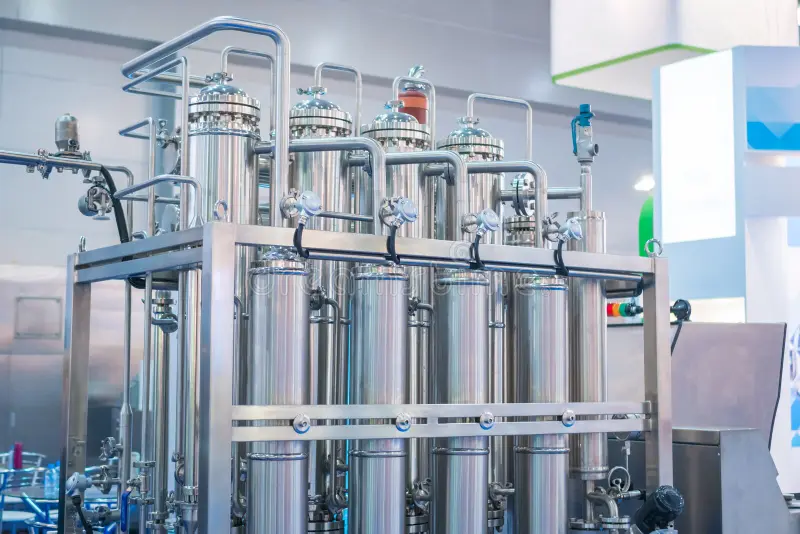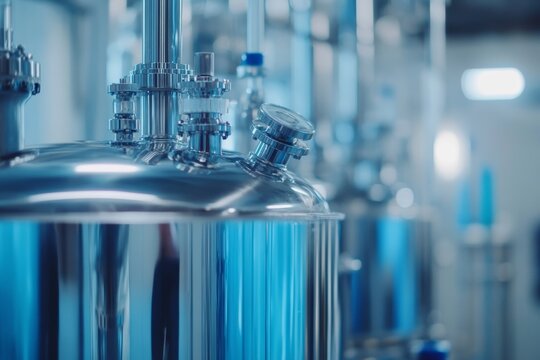
The pharmaceutical industry is experiencing a transformative phase driven by the growing need for faster, safer, and more efficient production of medicines. With rising global healthcare demands, increasing prevalence of chronic and complex diseases, and evolving patient expectations, traditional manufacturing methods are no longer sufficient. Innovative pharma production has emerged as a solution, integrating cutting-edge technology, sustainable practices, and patient-centric approaches into every stage of medicine development and delivery.
Innovative pharma production is more than just creating drugs—it is about designing systems that ensure precision, scalability, cost efficiency, and compliance with international standards. Modern pharmaceutical companies are leveraging automation, robotics, artificial intelligence (AI), data analytics, and advanced monitoring tools to optimize research, development, and manufacturing. These advancements help reduce errors, improve quality, and accelerate the time-to-market for essential medicines.
One of the most notable trends in pharmaceutical production is the shift toward personalized medicine. Patients today often require treatments tailored to their genetic profiles, medical history, and lifestyle. Innovative manufacturing systems enable smaller, specialized production runs that maintain the same precision and quality as mass production. This approach not only enhances treatment efficacy but also reduces side effects, ultimately improving patient outcomes.
Global regulatory standards also play a critical role in driving innovation. Compliance with WHO-GMP, USFDA, and EMA guidelines is essential for ensuring the safety, quality, and effectiveness of medicines. Advanced technologies make it easier for manufacturers to maintain compliance through real-time monitoring, digital record-keeping, and automated quality checks.
Key Drivers of Innovative Pharma Production :
- Automation and Robotics : Reducing human error and increasing production efficiency.
- Artificial Intelligence and Data Analytics : Optimizing research, forecasting demand, and predicting potential quality issues.
- Sustainable Practices : Minimizing waste, conserving resources, and reducing environmental impact.
- Digital Monitoring : Ensuring continuous compliance with global regulations.
- Patient-Centric Approaches : Supporting personalized treatments and improving therapeutic outcomes.
Innovation in pharma production is no longer optional; it is a strategic necessity. By combining technology, sustainability, and patient-focused solutions, pharmaceutical companies can deliver high-quality, safe, and effective medicines to patients worldwide while remaining competitive and compliant.

Technology Reshaping Pharmaceutical Manufacturing
Technology is the backbone of modern pharmaceutical production. Automated systems and robotics streamline critical processes such as mixing, filling, and packaging, ensuring consistent quality and minimizing human error. Digital tools provide real-time monitoring of plant operations, allowing companies to detect and resolve issues before they affect production.
Key Developments in Technology :
- AI in Research and Development : Predictive modeling accelerates drug discovery by identifying promising compounds faster than traditional methods.
- Robotics in Production : Precision robots handle sterile environments and repetitive tasks, reducing contamination risks.
- Cloud-Based Monitoring : Enables remote tracking of facility operations for uninterrupted production.
- Blockchain for Supply Chains : Ensures transparency and authenticity of medicines.
- IoT Sensors : Monitor environmental parameters like temperature, humidity, and pressure to maintain quality.
Sustainable and Eco-Friendly Manufacturing
Sustainability has become a crucial aspect of modern pharmaceutical production. Companies are adopting green chemistry, energy-efficient equipment, and water recycling systems to minimize environmental impact.
Sustainability Highlights :
- Using renewable energy in production facilities.
- Biodegradable and recyclable packaging materials.
- Optimizing chemical formulations to reduce waste.
- Water and energy conservation integrated into daily operations.
- Eco-friendly logistics and transportation practices.
Sustainable practices not only reduce operational costs in the long term but also enhance brand credibility and align with global environmental standards.
Regulatory and Market Demands
Compliance with international regulations is a major driver of innovation. Companies must meet WHO-GMP, USFDA, and EU standards, which necessitate sophisticated monitoring and documentation systems.
Regulatory Focus Points :
- Real-time electronic record-keeping for audit readiness.
- Digital quality control to minimize batch failures.
- Predictive analytics to anticipate production or supply chain risks.
- Flexible systems to respond to changing market demands.
By integrating technology, sustainability, and regulatory compliance, pharmaceutical manufacturers are creating efficient, reliable, and future-ready production systems.